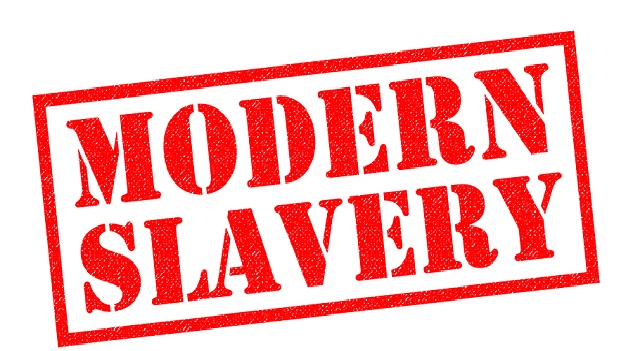Allegations that two small businesses in Melbourne have underpaid several migrant workers nearly $50,000 are part of a much broader problem within Australia’s labour markets, recent research has revealed.
A study released last week by University of New South Wales and University of Technology Sydney researchers found that one in three international students and backpackers are being paid about half the legal minimum wage ($12 per hour or less).
The report is based on a national survey of 4322 temporary migrants from 107 countries and is being touted as the most comprehensive study of temporary migrants’ work and conditions in Australia.
The retail sector was repeatedly singled out by study authors, with 38 per cent of respondents saying their lowest paid job had been in a café, restaurant or takeaway shop – far greater than the proportion in any other type of job.
One in seven participants working on farms and in fruit and vegetable picking – which feeds into the large supermarkets – said they earned $5 per hour or less, while 31 per cent said they earned $10 an hour or less.
In convenience stores and petrol stations, a fifth said they earned $10 per hour or less, while in retail more broadly, 36 per cent said they earned $12 per hour or less.
Study author Bassina Ferbenblum from the University of New South Wales said the findings should serve as a warning to the retail sector and related businesses, imploring stakeholders to cast a microscope over their place in the broader market.
“The level of non-compliance with Australian labour laws have reached epidemic proportions among international students and backpackers,” says Ferbenblum, who authored the paper with Laurie Berg of UTS.
“There are significant roles that government and business need to play in this area. Government needs to devote far more significant resources into enforcing Australian labour laws…but also to support services for temporary migrants to make claims against their employers.
“[If businesses] aren’t detecting non-compliance in their supply chains, they aren’t looking hard enough or in the right places,” she continued.
While the Fair Work Ombudsman has been cracking down on businesses not complying with regulations, government consultation over the possible introduction of a modern slavery legislation also stands to intensify accountability across the country.
Dubbed the Modern Slavery Act after similar legislation already passed in the UK, certain businesses may be required to produce an annual human rights report or even take active steps to address underpayment or other worrisome workplace practices within their business networks.
Industry consultation is currently taking place, but the prospective Bill appears likely to pass, given it already has principled support from both major political parties as well as Woolworths and Coles.
The Fair Work Act already includes a provision called accessorial liability, which is designed to hold retailers accountable for the behaviour of third party contractors they work with, but a Modern Slavery Act represents a more broad-based approach that also includes protections for workers overseas.
Australian Retailers Association (ARA) executive director Russell Zimmerman expects a draft Bill to hit parliament in the early stages of next year, but there’s still uncertainty over whether legislators will take a light or heavy-handed approach.
“We don’t know whether it will be similar to the UK, which is a light touch, or whether it will be heavy…the threshold is still yet to be determined,” Zimmerman says.
The ARA favours a light touch, like that of the UK, where only large retailers are required to draft reports, although possible versions of the Bill could also see retailers bearing the costs of compliance.
“If a retailer understands or knows they have a problem, it is then a responsibility of theirs to attend to that through their supply chain,” Zimmerman says.
Matthew Elmas, Journalist, Inside Retail













